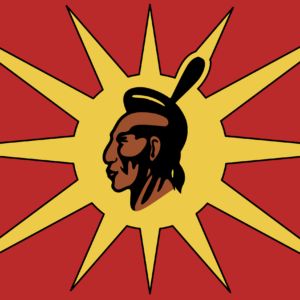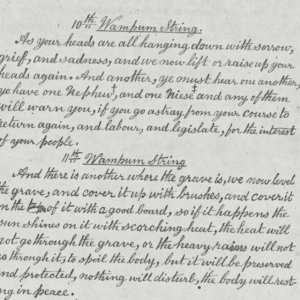In today’s information age, it is impossible to keep skeletons in the closet for long, as Prime Minister Stephen Harper is finding out.
The veil is being torn off of Canada’s once proud image as one of the world’s best countries to live in as well as its veneer-thin reputation as a world leader in Human Rights advocacy.
The Stephan Harper Conservative government has been under fire for the past several years from the international community for its poor treatment of Indigenous Peoples within Canada, amongst other violations.
Recently, even more stakes were driven into the heart of the once proud Canadian facade.
CBC News reports that, at the U.N. Human Rights Council in Geneva, Cuba, Iran, Belarus and Russia sternly criticized Canada’s refusal to accept a U.N. recommended national review to end violence against Aboriginal women. Other countries that called for the review included Switzerland, Norway, Slovenia, Slovakia and New Zealand.
Countries have their human rights records reviewed every four years by the Geneva-based UN forum, but Harper has been highly critical of the process all along and a couple of weeks ago he flatly refused the U.N.’s call for a national review.
In total, Canada has rejected 162 recommendations from other countries.
U.N., Special Rapporteur, James Anaya, will be visiting Canada in October to begin his investigations into claims of ongoing and systematic abuse of Canada’s Indigenous peoples.
The British Broadcast Corporation (BBC) reports that Canada’s rush for riches at the Alberta Oil Sands has led the government to ride roughshod over environmental concerns, human rights and Aboriginal treaties.
After Harper axed the Kyoto Protocol, the world began looking a little closer at the decades of reported abuses against Indigenous peoples, as well as violations of the United Nations Declaration on the Rights of Indigenous Peoples and its own Constitution.
Harper once wrote a letter when he was leader of the former Canadian Alliance party, stating that the Koyoto Accord was “a socialist scheme to suck money out of wealth producing nations.”
David Suzuki, a scientist, environmentalist and Canada’s loudest voices against the oil sands project fears that in Ottawa’s thirst for money, the environment could be forever ruined.
“The warming that has been going on in the Arctic is undeniable,” Environmental activist and TV personality David Suzuki told the BBC. “But, what Mr. Harper is seeing is all this economic activity that we’ll be able to mine more resources and ship them through the Northwest Passage.The ecological implications of all that are just monumental.”
Smear campaigns against environmental groups were also cited in the BBC article.
“Canada has long held a somewhat mythologized image internationally as a bastion of decency and environmentalism,” says George Monbiot, one of Europe’s leading environmentalists. “But Canadians have seen an increasingly different picture with continued maltreatment of First Nations peoples, over-fishing, the seal hunts, clear-cut logging, national inactivity on climate change and the perpetual destruction from mining Alberta’s Tar Sands.”
He goes on to expose that the opening of the tar sands operation is “the world’s biggest single industrial source of carbon emissions in the world today.”
Under Harper’s regime, Canada also lost its seat at United Nations Security Council due to its human rights record against Indigenous peoples.
And if that wasn’t enough, Canada now leads on the World Bank’s running list of people and companies barred from receiving financing under its fraud and corruption policy. Oh Canada, indeed.






